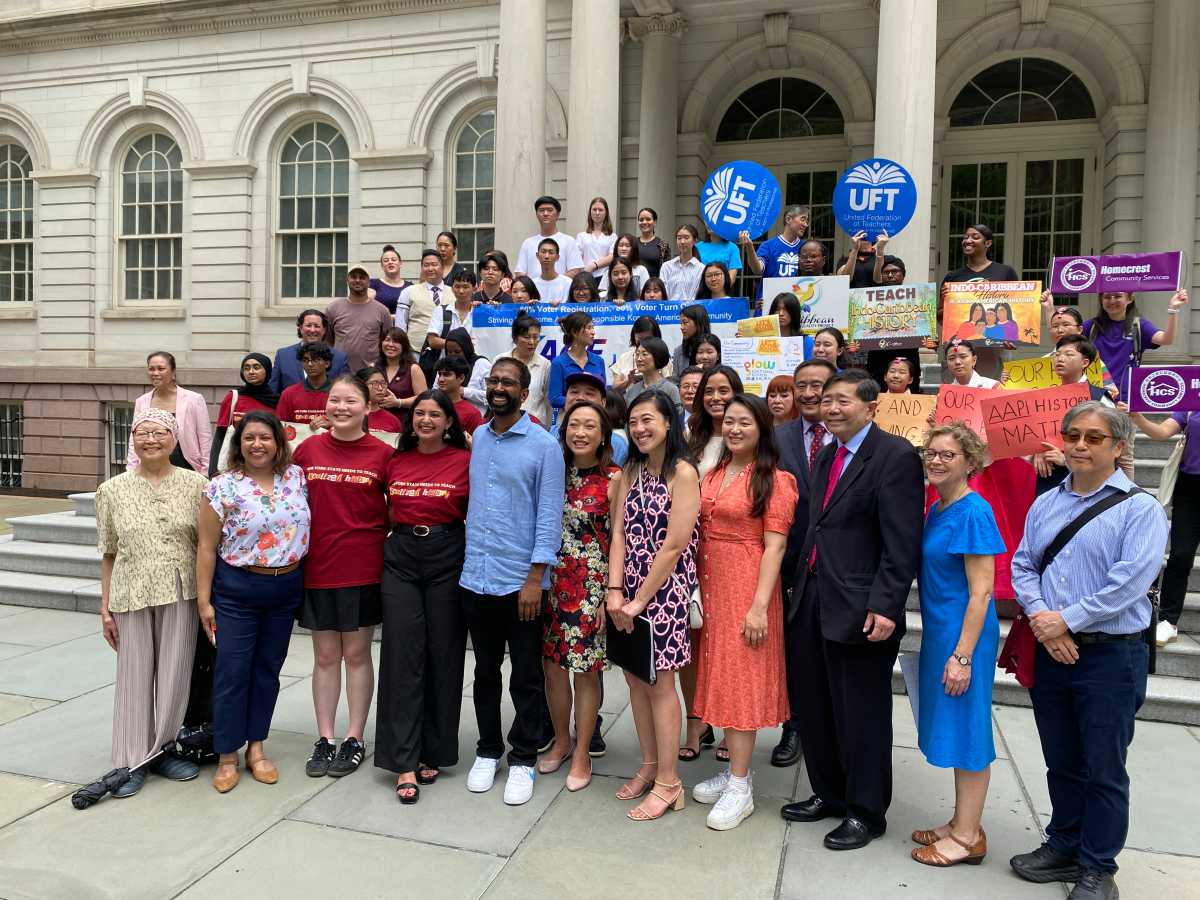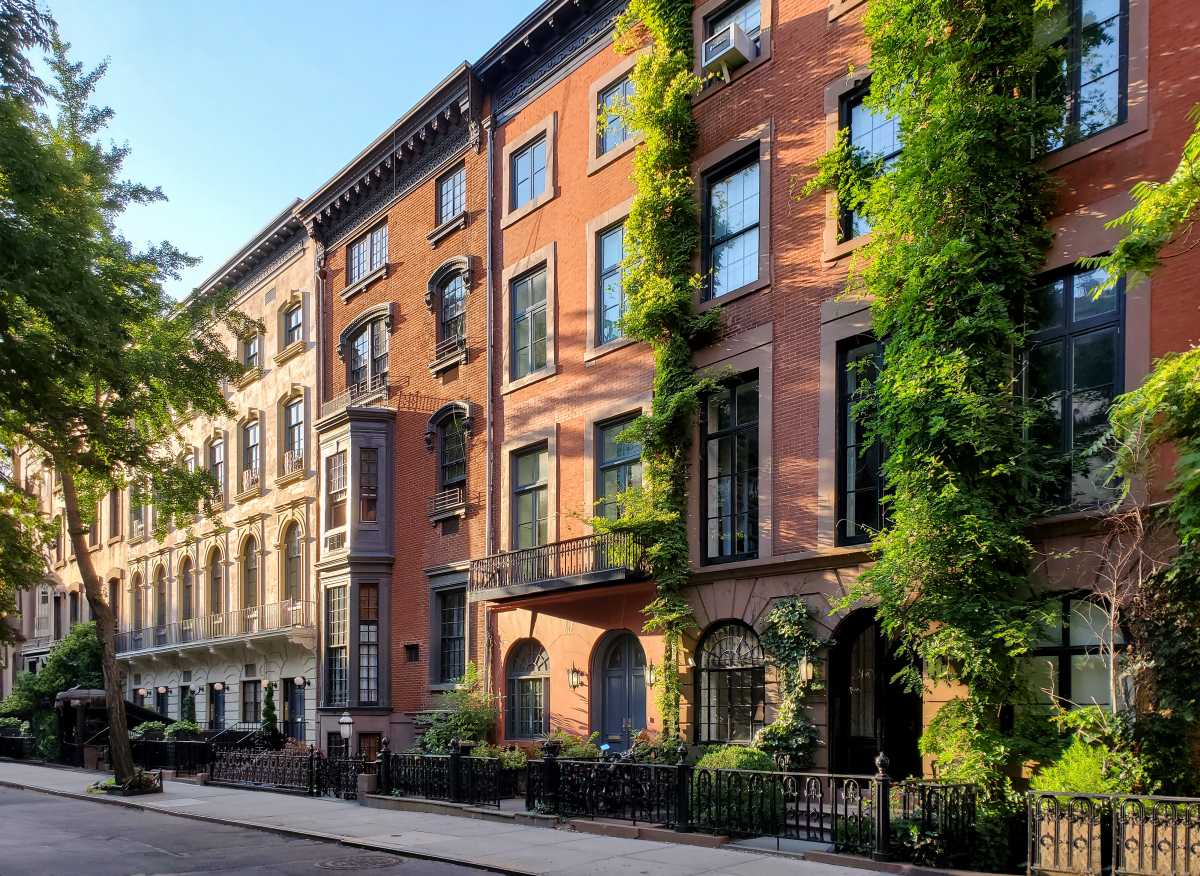BY John Bayles
When Mayor Bloomberg sent a letter at the eleventh hour to Governor David Patterson to try and sway him to block the passage of a new loft law, New York State Assembly Speaker Sheldon Silver went into fighting mode.
Three minutes before the deadline for the governor to either pass or veto the law, Silver, the governor and the mayor’s office reached an agreement that marks an historic victory for loft tenants throughout the city and concludes a nearly three-decade-long fight for their rights.
“It’s something I’ve been battling for for a long time,” the speaker said. “And we achieved it [Monday] night – it’s a great victory.”
For the first time since the loft law was passed back in 1982, it has been expanded to cover the outer boroughs and to include buildings not covered previously. Most importantly, the law will not have to be renewed.
Since its inception, the law has been subject to annual renewals, often causing immense worry to tenants as it pertained to their rights to remain in the buildings and in certain cases to have the building owners bring the spaces up to code.
The sticking point that was the subject of the mayor’s letter was bill’s inclusion of industrial business zones. In his letter, the mayor stated the bill “would, in effect, prioritize residential occupancy over industrial use wherever they conflict…” and the bill would “render those zones meaningless.”
The compromise reached just before midnight on Monday excluded three of the 16 industrial business zones throughout the city from the bill and was sufficient enough to get the governor to sign the bill into law. Those zones are located in Williamsburg/Greenpoint, North Brooklyn and Maspeth in Queens.
“The mayor wanted all of them excluded,” said the speaker. “But his is why we are here, as legislators – to help our constituents.”
When the original law was passed in 1982, the NYC Loft Board was established and Chuck Delaney was appointed as the tenant representative, a role he continues to fulfill today. He praised speaker Silver’s dedication over the last two decades in continuing to keep the law on the books, year after year.
“There’s no question that for the last 15 years the person who has been able to keep getting it renewed is the speaker,” said Delaney.
He noted the most significant aspect of the new expansion of the law is the fact that the tenants will no longer have to live in fear on an annual or bi-annual basis.
“Making the law permanent is very very significant achievement,” he said. “Number one it, relieves the tenants from this annual drama and number two, it sends a clear message to those owners who have delayed legalization in the hopes that this whole thing will go away. It makes it clear it won’t, and is now here to stay.”
Since the original law was passed the law has come down to the wire numerous times. It was once extended for a two-week period and once even expired. It was Speaker Silver who got it re-instated.
The new law also raises the amount per violation that the loft board can fine building owners from $1,000 to $17,500.

































